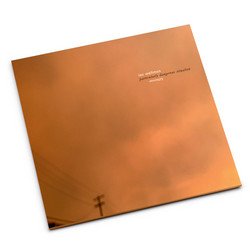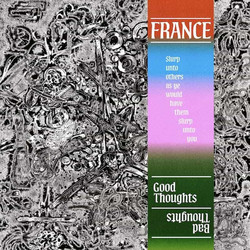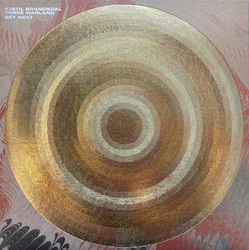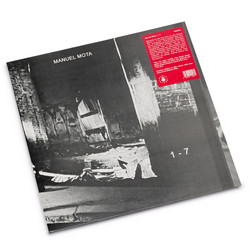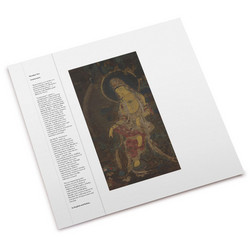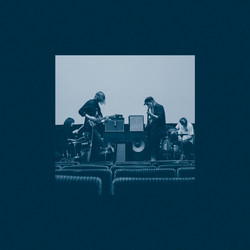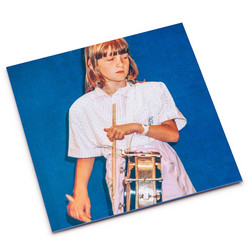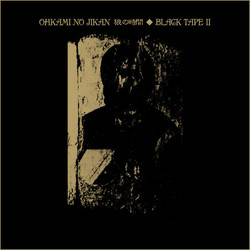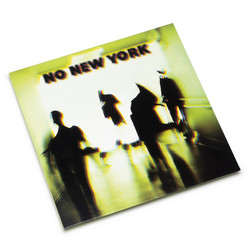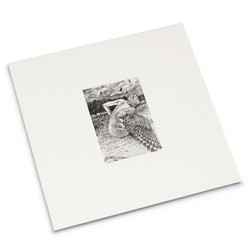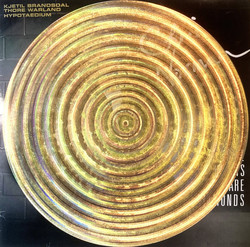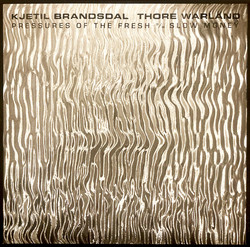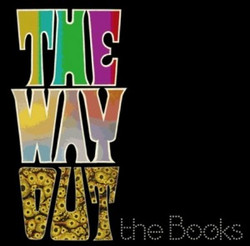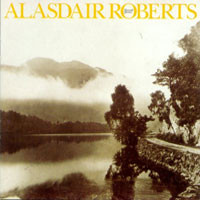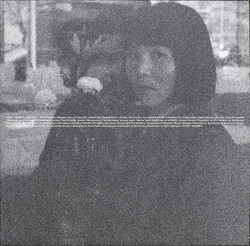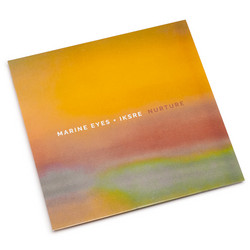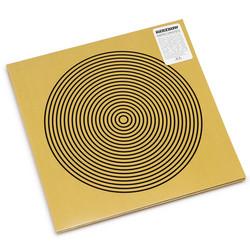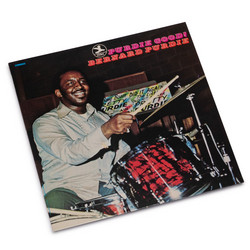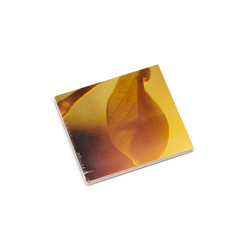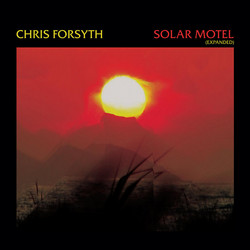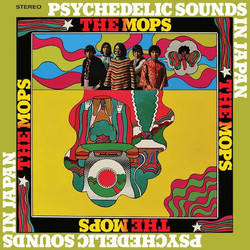Every once in a while a record like this one appears out of the ether without clear reference points. Web details on The Books are sketchy, but I have ascertained that they're a duo consisting of guitarist Nick Zammuto, who lives in North Carolina and has released some solo material under his surname, and cellist Paul de Jong, who lives in New York and has composed for dance, theater and film. After that, the pool of Books information dries up fast. The music is similarly unknowable, in the sense that it's difficult to classify. Musicians famously hate to be 'put into a box'; well, if more bands sounded quite as original as The Books, the practice would likely cease. If this record is the product of any sort of 'scene,' it's not one I've heard of. Thought for Food is going to sit comfortably in my collection in its own little category, a small world unto itself. Despite Thought for Food's unique sound, the record, on one level, is not hard to pin down. The musical elements are so simple and commonplace that describing them is not a problem. What's difficult is conveying how these few everyday pieces are placed together so artfully to create something this striking and unique. I'll give that a shot later, but first-- what sort of music are we talking about here? Essentially, three different things go into nearly every Books song: there is always a guitar, usually acoustic; there is usually a stringed instrument, either cello or violin or both; and there are always sampled vocal fragments. That's basically it. Two tracks have a few bars of soft singing, while another, "Mikey Bass," has some bass work by a guy named Mikey. Sporadic percussion and a few other instruments are scattered here and there, but the guitar/strings/samples troika is the meat of The Books. These three instruments are recorded and then cut up and arranged via computer. Sounds boring, you say? Think again. Somehow, The Books manage to turn these meager components into something touching, quirky and profound. The fact that vocal samples (which we can all agree have been done to death) sound new again here is nothing short of amazing. I'm not completely sure how they do it, though I know that the unusual amount of empty space in this record is part of it. While the rule of thumb for music with a collage approach has always been to stuff the samples into every nook and cranny, The Books let all the sounds breathe. In addition to the folky guitar, strings and the voice samples, silence is really the fourth primary instrument. Another great thing about the record is the way the samples, though they at first seem random, manage to tell a story. "Read, Eat, Sleep" contains slow guitar plucking that alternates between two chords and some gentle, bell-like synth accents. Over the barely-there musical backing, voices spell out "r-e-a-d- e-a-t- s-l-e-e-p" as distant sound effects appear. As the track winds down, different voices start repeating various pronunciations of the word "aleatoric." Finally, the main voice, which sounds like it could be the host of a spelling bee, clarifies: "By digitizing thunder and traffic noises, Georgia was able to compose aleatoric music." Ah, yes, aleatoric, a word meaning composition by use of chance. As he speaks his final word, the last ring of the guitar fades out, and you realize that the sampled dialog had been describing the process of the track as it unfolded. "Contempt" references the Jean-Luc Godard film of the same name. It contains a measured exchange between two men, with one asking the other the questions Brigitte Bardot asked her husband in the film: "What about my ankles, do you like them?" and "My thighs... do you think they're pretty?" Recontextualized here, the song takes on humorous overtones, as the men seem relaxed and speak slowly as if they're engaged in a job interview. The musical accompaniment to this dialog is a swaying waltz-time duet between plucked guitar and slightly screechy violin, and the tension that builds through the track is palpable. "All Our Base Are Belong to Them" could be live, it's hard to tell. Someone is strumming a guitar and then a voice starts counting down from ten, "Space Oddity"-style. When he hits "one," a noisy chord is played and four of five people cheer. Instead of annoying, though, the background chatter sounds wonderful against the guitar and picked banjo, as the vocals (the only real singing on the album) sing something close to Pink Floyd's "Mother," sans-melodrama. It's warm and cozy wherever this is being recorded, even though something feels vaguely alien and unfamiliar. A disturbing vocal exchange opens "Motherless Bastard," as a man speaking to a small child says, "You have no mother and father... they left, they went somewhere else." The tune that follows this sampled intro is a pretty folk strum, the melodicism of Fahey without the flash or technique. Indeed, if I had to name one clear forbearer for The Books, John Fahey would be it. The odd combination of folk guitar forms and aural collage seem at least tangentially related to his experiments. But the pleasure to be had from Thought for Food has nothing to do with musical referencing. This modest and unusual album stands on its own as a quiet triumph-- one unlike anything I've ever heard before. — Mark Richard-San, July 23, 2002
